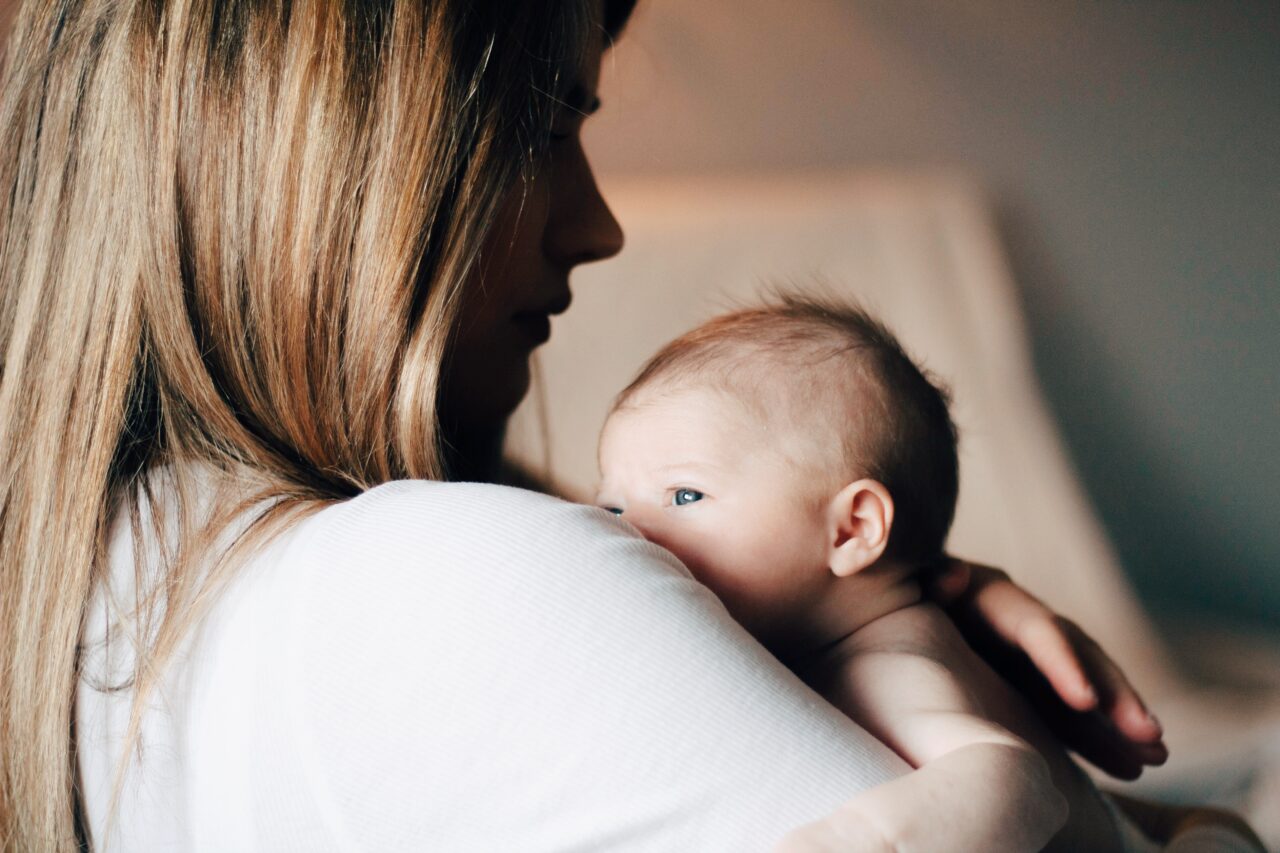Most infants, especially those born in a hospital or birthing center, receive a hearing test before you take them home. If you have a home birth, it’s recommended that you schedule with a hospital or clinic in your area after they are born.
According to the Centers for Disease Control and Prevention (CDC), 97.7% of babies born in the US in 2019 had their hearing screened before reaching one month old.
If you are an expecting new parent, you may be curious and even slightly nervous about what happens during your baby’s hearing test. Let’s go over some of the basics, as well as what to do if hearing loss is detected.
Are Newborn Hearing Tests Safe?

Yes. Newborn hearing screenings are completely safe and painless for your child. Many times, the tests are administered while your baby is napping, and they don’t even wake up. There are two common tests used in these hearing screenings and each takes only a few minutes to complete.
What Tests Check My Newborn’s Hearing?
- Auditory Brainstem Response (ABR) test. The ABR test measures how your baby’s brain responds to sound. A technician will place small headphones over their ears and electrodes on their head to measure brain waves while a series of clicks and other gentle sounds are played.
- Otoacoustic Emissions (OAE) test. This test measures the sound waves that are produced in your baby’s inner ear using a microphone and earphone to calculate their hearing abilities.
What It Means if The Tests Show Hearing Loss
If the results show your newborn has failed one or both tests, it doesn’t necessarily mean anything. These tests are diagnostic tools to help identify potential problems, but a failed test does not automatically mean your child has permanent hearing loss.
False positives for hearing loss can happen. Additionally, any hearing loss present may be the result of a temporary condition like fluid buildup or an ear infection. Depending on your child’s individual situation, their healthcare providers may test them again before they leave the hospital or wait and schedule a follow-up with an audiologist.
Treating Permanent Hearing Loss in Children
If your child does have permanent pediatric hearing loss, it’s understandable that you’d feel upset and scared about what that means for the future. However, early detection and the right treatment with hearing aids or cochlear implants can help them experience the world much as their peers do.
Pediatric hearing aids can help your child respond to your voice, engage during story time and experience the different sounds of Amerson River Park.
If you would like additional information or are concerned about your child’s hearing and wish to schedule an appointment with one of our experts, call The ENT Center of Central Georgia today.
